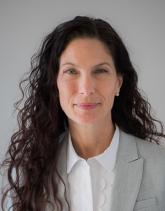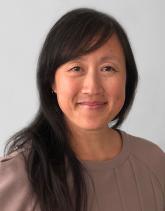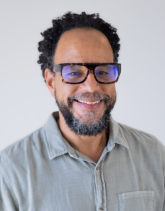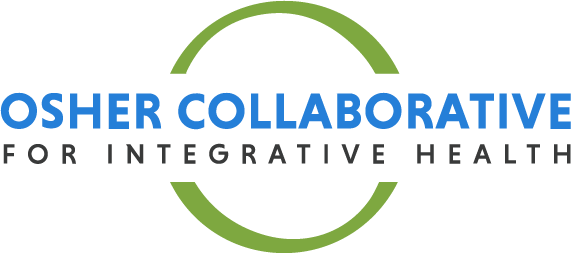Acupuncture and Integrative Chinese Medicine
Providing traditional medicine, choices, and solutions to meet the needs of modern timesYou will receive a professionally guided Chinese medicine session and customized recommendations. Treatments and recommendations may include any of the following:
- Acupuncture
- Herbal medicine
- Supplements
- Massage
- Nutritional support
- Movement and activity
- Referrals to additional clinicians if needed
- Self-care and lifestyle recommendations to provide you with an integrated treatment plan
According to traditional East Asian Medicine (EAM), optimal health is achieved when a relative balance is maintained in the body with the harmonious flow of blood and energy (called “qi”). Conventional medicine refers to this balance as homeostasis. Disease or disequilibrium appears when the balance is disturbed.
Imbalances are common, and can occur in one or more body systems. EAM associates these systems with organ names, such as liver, kidney, lung, and pericardium, whereas conventional medicine refers to these as the circulatory, nervous, musculoskeletal, and endocrine systems. References to organ names in Chinese medicine do not reflect any conventional medicine diagnoses.
Please note: Acupuncture service is currently closed to new patients outside of the Osher Center.
Benefits of Treatment
Meet our Practitioners
Research Findings
Acupuncture is the most studied component of EAM. It is the act of inserting thin needles into the body to stimulate its innate healing system, often referred to as the “primary healing activity.” This is the same action of healing from small cuts or scrapes and is what a surgeon depends upon for the body’s post-surgery recovery.
During an acupuncture treatment, needles are placed into very specific locations in order to stimulate healing activity and restore balance to the body’s systems.
In 1997, a National Institutes of Health consensus paper showed clear scientific evidence of the benefits of acupuncture. Since then, there have been many randomized controlled trials and studies demonstrating the efficacy of acupuncture.
Scientific evidence shows that acupuncture is useful for neck pain, back pain, dental pain, arthritis, cancer care, and nausea and vomiting from various causes. Research also suggests benefits for mental health disorders, fibromyalgia, and infertility.
Preparing For Your Visit
Before your visit, please do not brush your tongue. The color and texture of the tongue coating are important diagnostic clues in Chinese medicine. If you habitually brush your tongue to prevent bad breath, discuss this with your practitioner. Persistent bad breath may be a sign of an imbalance.
Have a little food in your stomach. Don’t have a big meal before an acupuncture treatment. It’s best not to have acupuncture on a very empty or very full stomach.
Avoid alcohol, drugs (except recommended prescription medications) and caffeine before and after your treatment.
Wear loose clothing. Loose fitting clothing allows you greater comfort during the treatment and allows your practitioner easier access to acupuncture points.
Avoid vigorous activity two hours before and after an acupuncture treatment.
Payment Information
The Osher Center accepts insurance for service. Please check with your health insurance company to determine if coverage and prior authorization is required by your policy. Our Patient Navigator will provide guidance regarding the fees for each service and your action steps to confirm your insurance coverage and authorization. Out of pocket clinical service fees vary based on each individual’s insurance coverage. A 40 percent discount may be applied for this visit for self-pay patients, not covered by insurance, who pay the day of the appointment.





